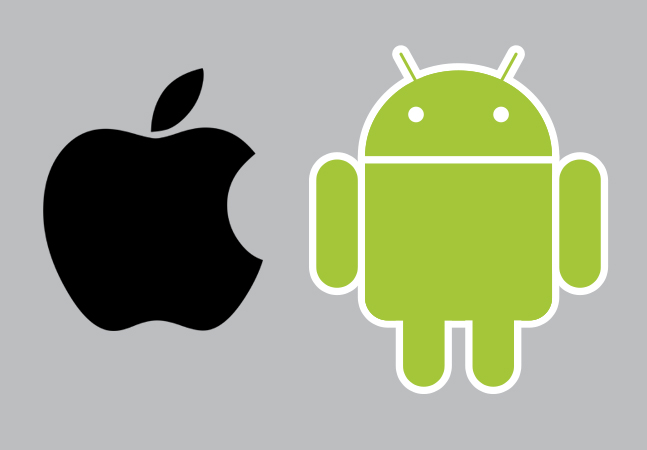
Flutter, Google's open source, cross-platform mobile UI framework, has been updated to version 1.7, sporting support for AndroidX, enhanced Android App Bundles functionality and more.

After reaching a React Native performance impasse while building internal apps, Facebook engineers identified the JavaScript engine as a primary bottleneck, so they created and open sourced their own engine.

With Android Q developer APIs already finalized, a new Beta 5 release is nailing down system behaviors in advance of final release coming this quarter.

A company called Mesmer has emerged from stealth mode with Intel-backed funding and a plan to relieve mobile app developers from the drudgery of customer experience software testing, putting AI-powered bots to the task.

The GraalVM team at Oracle Labs announced the latest release of the GraalVM (version 19.1), a point release that nevertheless comes with some significant fixes and updates for the extension of the JVM designed to run applications written in a range of languages.

By 2020, research firm IoT Analytics projects that some 9.3 billion connected, Internet of Things (IoT) devices will be deployed worldwide, up from 7 billion in 2018.

IBM completed its acquisition of open source solutions provider and long-time Java community leader Red Hat yesterday. The $34 billion deal was Big Blue's largest acquisition to date, and one of the largest tech company acquisitions in history.

Persistent mobile app development security issues -- in an age of unrelenting demand for more enterprise mobile apps -- can now be addressed with a cloud-based, upload-and-protect service.

Compuware is integrating its machine-learning-driven zAdviser analytics tool with is ISPW mainframe continuous integration/continuous delivery (CI/CD) solution.

Microsoft engineers are detailing their approach to Android development in a series of blog posts, with the first installment pointing to a decidedly independent, polyglot approach from different teams spread across the world.

Java 13, the upcoming update of the reference implementation of the Java SE Platform, has entered the Rampdown Phase, which means the overall feature set is frozen and no further JDK Enhancement Proposals (JEPs) will be targeted for this release.

Azul Systems announced this week the general availability of Zulu Mission Control 7.0, the Java performance management and application profiling tool based on the OpenJDK Mission Control project. The free tool is designed to work with Azul's Zing JVM and its Zulu build of OpenJDK, and it supports both Java SE 8 and 11.

Kotlin is continuing its "meteoric" rise in the software development world, with recent research providing new insights into its increasing popularity.

Forrester Research published a new report on low-code platforms for business developers, ranking 12 vendors on enterprise application development and delivery (AD&D) criteria.

By many accounts, Apple's new SwiftUI development framework was the hit of the company's big developer conference earlier this month, and the new Xcode 11 Beta 2 can help coders put it through its paces with new functionality.

IBM says AutoAI for IBM Watson Studio is designed to let users quickly scale ML experimentation and deployment processes.

New research from security vendor Positive Technologies examines vulnerabilities and threats in mobile applications, stating that the security level of iOS and Android apps is "roughly equivalent between the two platforms."

Oracle has updated its Exadata Database Machine X8 server line with hardware and software enhancements enabled by artificial intelligence (AI) and machine learning (ML), the company announced recently.

MongoDB Inc., known for its popular namesake document-oriented NoSQL database that also comes in an open source version, announced it will merge its mobile-centric Realm offering with its serverless Stitch platform.

Despite the popularity of cross-platform development solutions, a new survey from JetBrains shows native tools still rule in the mobile space.